You know Bruce Willis as the guy who made "Yippee-ki-yay" a household phrase, but his journey to becoming one of Hollywood's wealthiest actors wasn't exactly a straight shot. Before he was dodging explosions and saving the day on the big screen, Willis was mixing drinks in New York City and grinding through audition after audition. His story is one of those classic Hollywood tales—except this one actually happened, and the numbers are pretty jaw-dropping.
Bruce Willis Net Worth: Early Career and First Paychecks
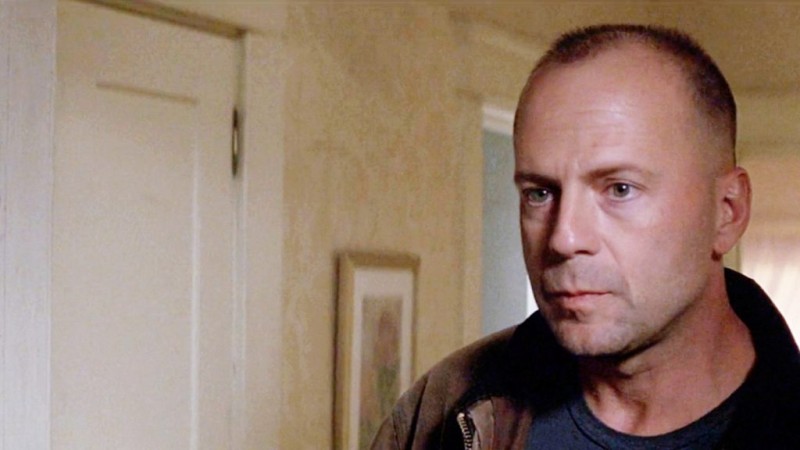
Back in the early 1980s, Bruce Willis was doing what thousands of aspiring actors do—working a day job while chasing the dream. He bartended in New York City, pulling in whatever he could while hitting auditions. The theater gigs he managed to land paid basically nothing, but they kept him in the game. Everything changed in 1985 when he scored the role in "Moonlighting" opposite Cybill Shepherd. By the time that show wrapped up, he was pulling in around $50,000 per episode. Not bad for a former bartender, right? That five-year run gave him something money can't usually buy—credibility and connections in an industry that's notoriously tough to crack.
From Die Hard to Hollywood's Elite: Career Development
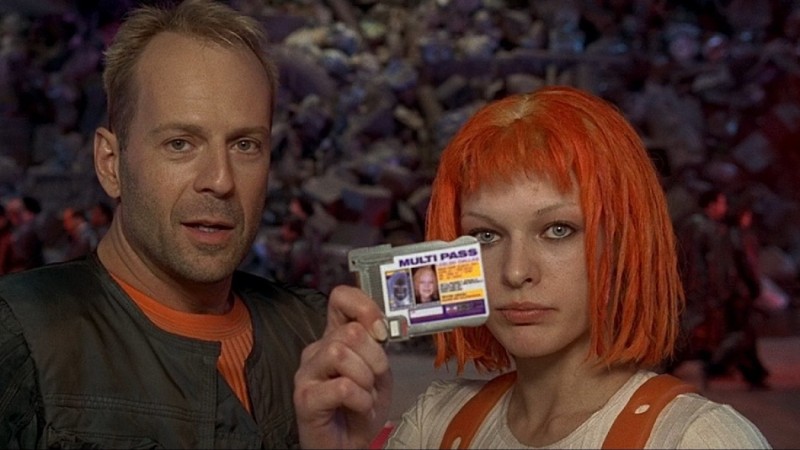
Then came 1988, and "Die Hard" absolutely exploded. Willis reportedly made $5 million for that first film, which was serious money back then. But here's where it gets interesting—the movie didn't just do well, it became a cultural phenomenon. Suddenly, Willis wasn't just an actor; he was a brand. Throughout the '90s, his asking price went through the roof. We're talking $15-20 million per movie for films like "Pulp Fiction," "The Fifth Element," and "Armageddon." The really smart move? He negotiated backend deals that paid him a percentage of the profits. When "The Sixth Sense" became one of the biggest films of 1999, those backend points reportedly earned him over $100 million from that one movie alone. Yeah, you read that right.
Peak Success: Bruce Willis Net Worth at Its Height
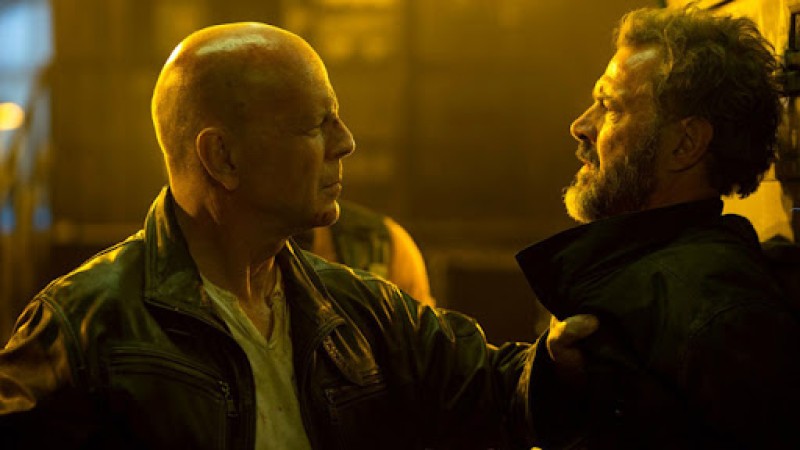
Between 1997 and 2010, Willis was basically printing money. He was consistently ranked among the highest-paid actors in Hollywood, commanding between $15-25 million upfront for major roles. The Die Hard sequels? Some reports put his salary at $20 million per film. When you add up all his film salaries over the years, the total crosses $250 million—and that's before you factor in all those backend deals, endorsements, and his smart real estate moves. Willis wasn't just earning big; he was investing wisely, buying properties in Idaho, New York, and California. At his absolute peak, experts figured his total net worth hit around $250 million, putting him in an elite club of Hollywood's wealthiest.
Current Financial Status: Bruce Willis Net Worth Today
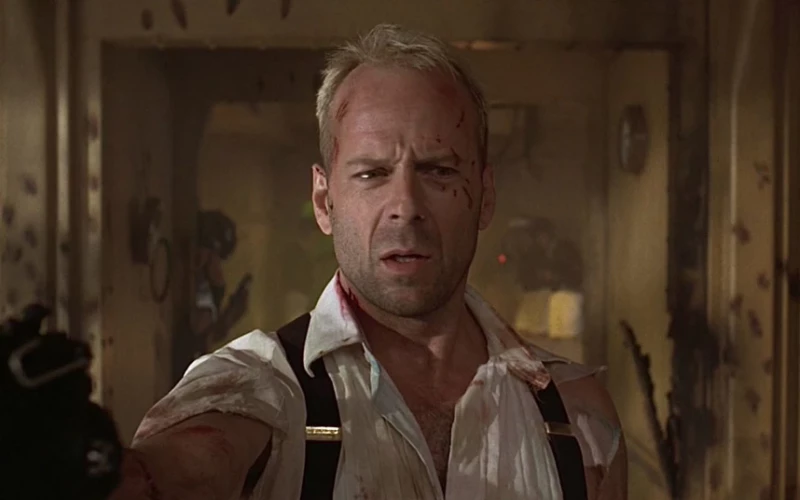
These days, Bruce Willis net worth sits at an estimated $250 million, though the circumstances have changed dramatically. In 2022, he stepped away from acting after being diagnosed with aphasia, which was later identified as frontotemporal dementia. It's a tough situation for anyone, let alone someone who built a career on being larger than life on screen. But here's the thing—Willis set himself up well. He still gets residuals from over 100 movies, and with streaming services constantly licensing his back catalog, that's a revenue stream that keeps flowing. His real estate portfolio is solid, and his family is managing everything while his legacy continues earning. He may not be making new movies, but decades of smart financial decisions mean he's more than taken care of.
Bruce Willis's Keys to Success: Main Principles
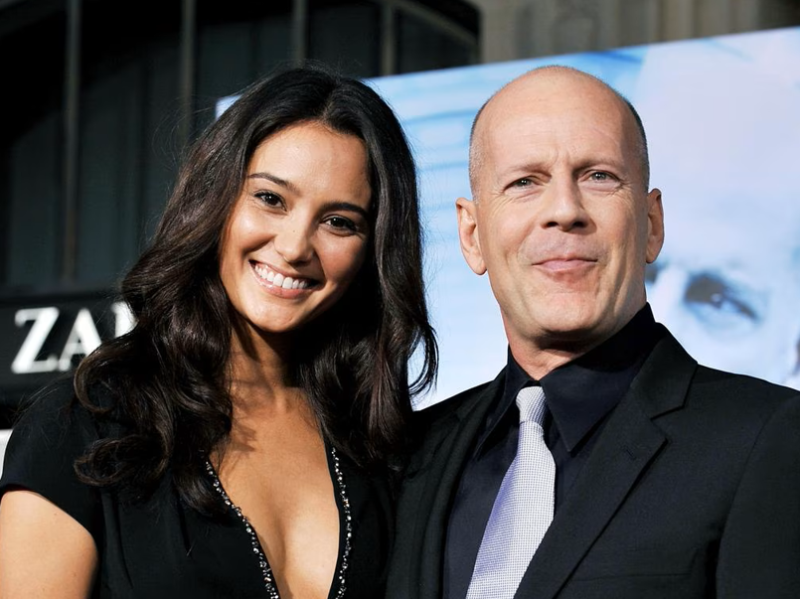
Willis never pretended to have some secret formula, but over the years he dropped some wisdom that's worth paying attention to. First off, he was big on persistence—he'd tell stories about all those years bartending and getting rejected at auditions. The message was simple: keep showing up. Second, he wasn't afraid to take risks. Taking on Die Hard when he was known for comedy? That could've backfired spectacularly, but he went for it anyway. Third, he always emphasized staying true to yourself. He never tried to be the typical muscle-bound action hero; he brought his own personality to every role. Fourth, diversification mattered to him. He didn't blow his money on cars and parties—he invested it. And finally, he talked a lot about balance. Fame is great, but family and personal relationships? Those matter more. It's advice that sounds simple, but clearly it worked for him.
 Eseandre Mordi
Eseandre Mordi

 Eseandre Mordi
Eseandre Mordi


